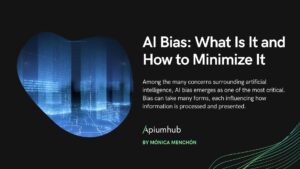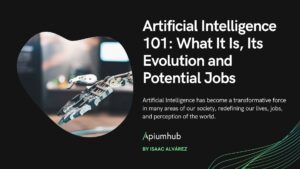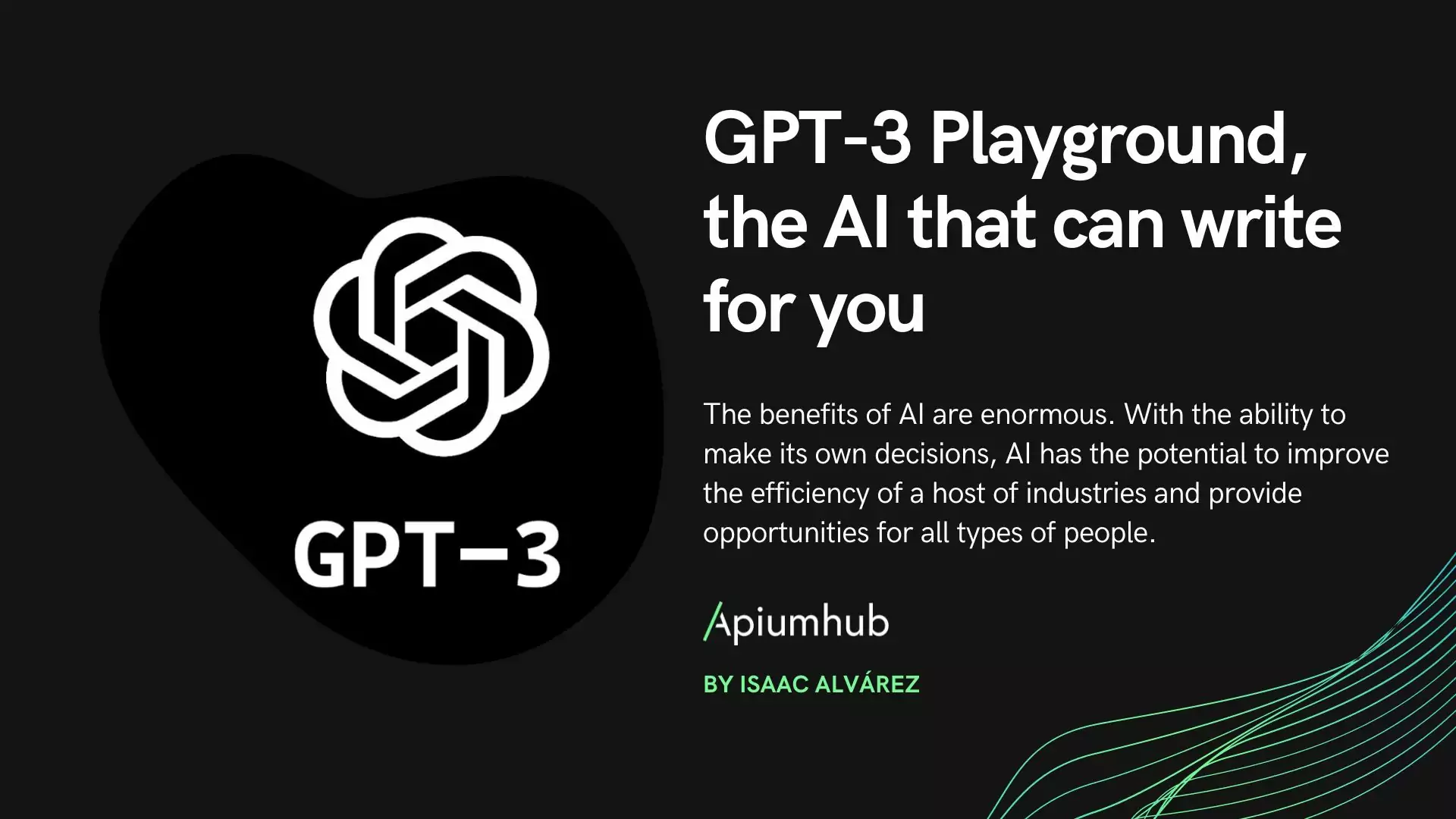Table of Contents
Introduction
Artificial Intelligence (AI) has rapidly evolved, empowering us with remarkable capabilities, from predictive analytics to autonomous systems. However, this technological leap also brings forth ethical dilemmas and challenges. As AI development becomes deeply integrated into various aspects of our lives, navigating its development with a keen awareness of ethical considerations is crucial. This article explores the multifaceted ethical considerations in AI development, highlighting the need for responsible and ethical AI deployment.
Ethical Considerations in AI Development
Bias and Fairness
One of the foremost concerns in AI is bias. AI systems learn from historical data, and if this data contains biases, the AI can perpetuate and even amplify those biases. Developers must diligently address biases in datasets and algorithms to ensure fairness, especially in sensitive areas like hiring, lending, and criminal justice.
Transparency
The opacity of AI decision-making poses challenges in understanding why and how AI systems arrive at specific conclusions. Ensuring transparency is crucial, enabling users to comprehend AI decisions and hold AI systems accountable for their actions.
Privacy and Data Protection
AI heavily relies on data, often personal and sensitive. Protecting user privacy and data confidentiality is imperative. Striking a balance between collecting data for AI improvement and respecting user privacy rights is a significant ethical challenge that AI developers face.
Accountability and Responsibility
Assigning accountability when AI systems make decisions or cause harm is complex. Who is responsible when an autonomous vehicle causes an accident? Establishing clear lines of responsibility and liability in AI development and deployment is essential to ensure accountability.
Ethical Use of AI
Considerations of how AI is used and its impact on society must guide development. AI applications should align with ethical standards, respect human rights, and contribute positively to societal well-being.
Human-Centric Approach
Maintaining a human-centric approach in AI development involves prioritizing human values, well-being, and autonomy. Human oversight and control over AI systems should be paramount, ensuring that AI augments human capabilities rather than replacing or dictating them.
Addressing Ethical Challenges in AI Development
Ethical Frameworks and Guidelines
Developing and adhering to comprehensive ethical frameworks and guidelines is crucial. These frameworks should encompass principles of fairness, transparency, accountability, and respect for human values.
Ethical AI Design
Integrating ethics into the design phase of AI systems is essential. This involves multidisciplinary collaboration, including ethicists, policymakers, technologists, and end-users, to identify and mitigate potential ethical issues.
Continuous Evaluation and Auditing
Regular evaluation and auditing of AI systems for ethical considerations are necessary. This process involves assessing biases, transparency, data privacy, and the societal impact of AI applications.
Education and Awareness
Raising awareness and providing education on AI ethics among developers, policymakers, and the public is crucial. Understanding the ethical implications of AI fosters responsible development and deployment practices.
The Use of Artificial Intelligence in Europe
The use of artificial intelligence in the European Union (EU) will be regulated by the Artificial Intelligence Law, the world’s first comprehensive AI law.
As part of its digital strategy, the EU wants to regulate artificial intelligence (AI) to guarantee better conditions for the development and use of this innovative technology.
Parliament’s priority is to ensure that AI systems used in the EU are secure, transparent, traceable, non-discriminatory, and environmentally friendly. AI systems must be overseen by people, rather than automation, to avoid harmful outcomes.
The European Parliament also wants to establish a uniform and technologically neutral definition of AI that can be applied to future AI systems.
“It is a pioneering law in the world,” highlighted Von Der Leyen, who celebrates that AI can thus be developed in a legal framework that can be “trusted.”
The institutions of the European Union have agreed on the artificial intelligence law that allows or prohibits the use of technology depending on the risk it poses to people and that seeks to boost the European industry against giants such as China and the United States.
The pact was reached after intense negotiations in which one of the sensitive points has been the use that law enforcement agencies will be able to make of biometric identification cameras to guarantee national security and prevent crimes such as terrorism or the protection of infrastructure.
The law prohibits facial recognition cameras in public spaces, but governments have pushed to allow them in specific cases, always with prior judicial authorization. allowing some exceptions if accompanied by strong safeguards for human rights.
It also allows the regulation of the foundational models of artificial intelligence, the systems on which programs with ChatGPT, from the company OpenAI, or Bard, from Google, are based.
Conclusion
As AI continues its rapid advancement and integration into various aspects of our lives, addressing the ethical dimensions of its development becomes increasingly imperative. Ethical considerations in AI encompass a broad spectrum, from bias and fairness to transparency, privacy, and accountability.
A concerted effort from all stakeholders—developers, policymakers, ethicists, and society at large—is essential to navigate these ethical challenges. Ethical frameworks, continuous evaluation, education, and a commitment to a human-centric approach are pivotal in ensuring that AI aligns with our ethical values and serves the greater good of humanity.
Ethical AI development isn’t merely a moral obligation; it’s an indispensable pillar for building a future where AI contributes positively to society while upholding fundamental ethical principles and respecting human dignity and rights. As we progress further into the AI era, fostering an ethical AI ecosystem is pivotal for a sustainable and harmonious coexistence between humans and intelligent machines.
Author
-

I am a Computer Engineer by training, with more than 20 years of experience working in the IT sector, specifically in the entire life cycle of a software, acquired in national and multinational companies, from different sectors.
View all posts









